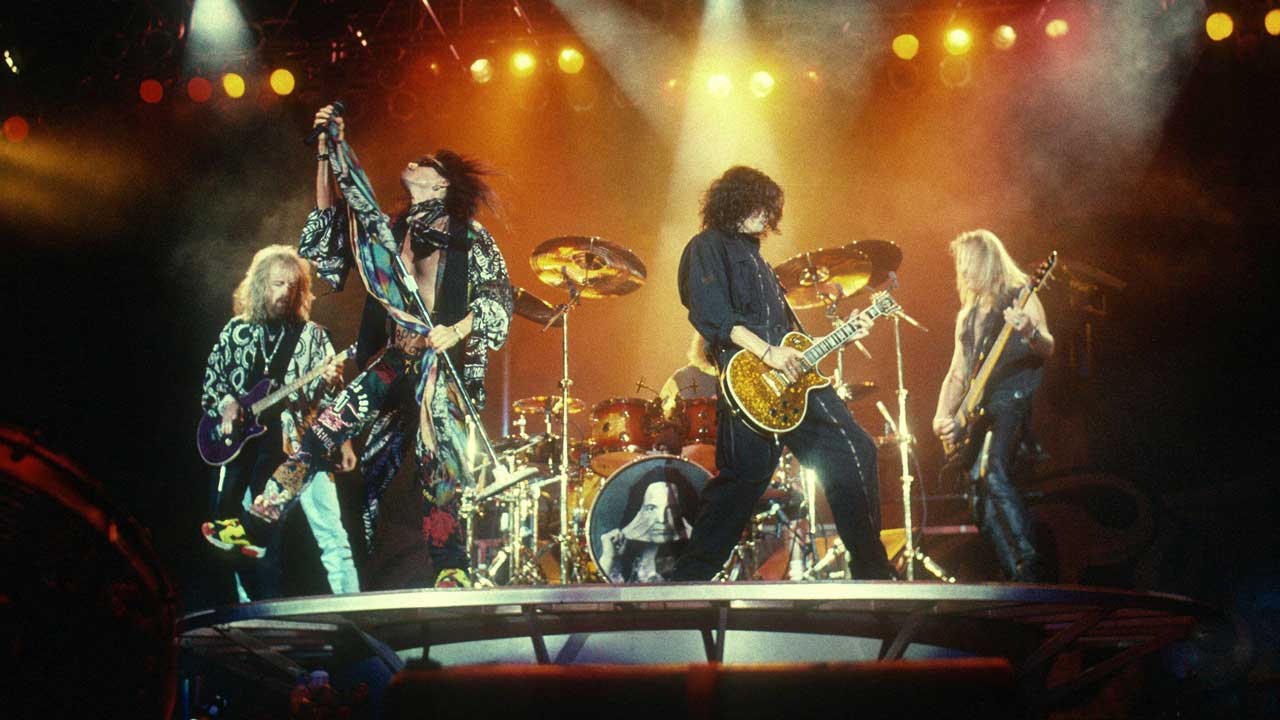In 1994, there weren't many places you could stream or download music on the Internet. No Spotify, no iTunes, no Tidal, no Apple Music. No arguments about digital payments, no iPods, no all-you-can-eat musical buffets.
IUMA, the Internet Underground Music Archive, had launched the previous year in Santa Cruz, California. It gave unsigned and underground bands a platform with which to promote their music, but that was about it. MP3.com didn't launch until 1997 and Vitaminic, a pan-European network of local language mp3 sites headquartered in Italy, didn't go online until 1999.
Things were slowly changing. In June 1993, Severe Tire Damage, a garage band from Palo Alto, CA. – made up of computer engineers from Digital Equipment Corp., Xerox, Apple, and Sun Microsystems – performed the very first live online show using Mbone, an early experimental network designed for streaming media. Music lovers as far away as Australia listened in.
The major labels were still keeping the Internet at arm's length, but people werre paying attention at Geffen, where CTO Jim Griffin – credited with creating the world’s first corporate intranet – was a true digital pioneer. And on June 27, 1994, the company made Head First, an unreleased track from Aerosmith's Get A Grip sessions, available to download to the two million customers of CompuServe, one of America's first major ISPs.
CompuServe customers could type the words 'GO AEROSMITH' into the command line (this was at a time when early web browsers like Mosaic and Netscape were still a relative rarity), and download a 4.3MB WAV file of the song (there was also a mono version, which took up half the amount of storage space).
Given the bandwidth available at the time, Head First could take up to 90 minutes to download, but about 10,000 people did just that in the two-week period the song was available.
"If our fans are out there driving down that information superhighway," said Aerosmith singer Steven Tyler, "then we want to be playing at the truck stop.”
The following week, an article in the New York Times recognised both the significance of the event as well as the problems the new technology would usher in, writing, "At stake may be nothing less than the future of the record business. If songs are available free through a computer's phone line, this leaves record labels, manufacturers and retailers out in the cold.
"The current state of technology makes it impractical in terms of time and computer storage space to download an entire CD, but several computer companies are working to remedy the matter."
Geffen's Luke Wood, one of the employees who brought a digital culture to the company, had the cavalier approach common to many Silicon Valley pioneers.
"We did it because it can be done and is cool and is fun," he said, although he did add, "but also to show there's these other issues involved, like how do you collect copyright fees?" Cue Napster, and everything that followed.
Aerosmith had made their own web history, alongside other digital pioneers like Megadeth - who launched the first band website in October 1994 - and the Rolling Stones, who became the first major band to stream a live set over the web the following year.
“[Jim] Griffin saw exactly where things were going,” Geffen's Robert von Goeben told Vice Magazine in 2014. “Only a couple of us saw that it was giving a glimpse of the future.”

